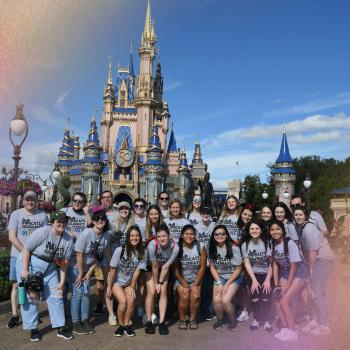Ohio University students learn by doing. Extending educational experiences beyond the classroom gives insights and experience needed to hit the ground running after college. From day one, we offer dedicated career development, extensive internship opportunities, and access to one of the strongest alumni networks in the country.
Find Your Future OHIO Experience Learn About Our Career Services

